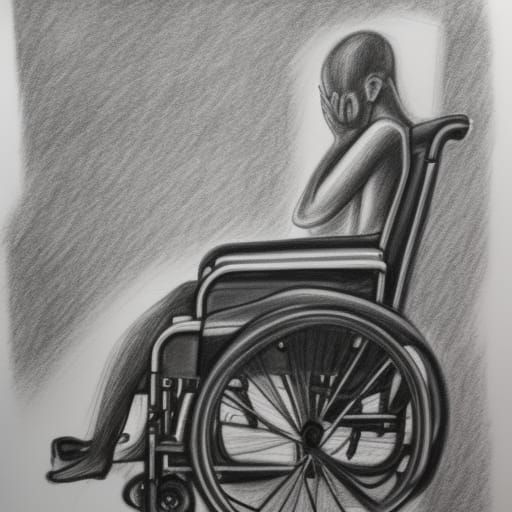The Importance of Objective Medical Evidence for Social Security Disability Claims
The key requirements for both programs is providing objective medical evidence to support your claim for disability.
Navigating the Social Security Disability Insurance (SSDI) and Supplemental Security Income (SSI) programs can be a complex and daunting process. One of the key requirements for both programs is providing objective medical evidence to support your claim for disability. In this article, we'll discuss the importance of objective medical evidence and how to prove a social security disability claim when you don't have health insurance.
What is Objective Medical Evidence?
Objective medical evidence is information obtained through medical tests, procedures, and clinical observations that help prove the severity of a disability. This includes x-rays, MRIs, blood tests, medical records, and other forms of medical documentation. These records provide an objective assessment of an individual's medical condition and can help a judge or examiner make a more informed decision on the claimant's disability.
Why Objective Medical Evidence is Important
The Social Security Administration (SSA) requires objective medical evidence to prove that a claimant has a medically determinable impairment that is severe enough to prevent them from working. Without objective medical evidence, it becomes difficult to prove the severity and duration of a disability, which can lead to a denial of the claim.
How to Prove a Disability Claim Without Health Insurance
For individuals who do not have health insurance, proving a disability can be particularly challenging. One way to obtain medical evidence is to seek treatment at community health clinics or free clinics in your area, which offer affordable or free medical care. Another option is to seek treatment through state-funded programs or charity organizations. It's also essential to provide as much detail as possible about the symptoms and limitations resulting from the disability without exaggeration of symptoms. The claimant should describe how the disability affects their daily life, including their ability to perform basic tasks and their ability to work. Gathering statements from former employers, friends, family, and other individuals who have witnessed the effects of the disability can also be helpful in supporting a claim.
The Importance of Ongoing Medical Treatment
For those who do have access to medical care, it's important to continue receiving ongoing medical treatment to show that the disability is still present and severe enough to prevent work. Consistent medical treatment can provide the SSA with updated objective medical evidence to support the claimant's disability.
Navigating the Social Security Disability Insurance (SSDI) and Supplemental Security Income (SSI) programs can be a complex process. However, providing objective medical evidence is essential in proving a disability claim. If you don't have health insurance, there are still options available to obtain medical treatment and documentation. It's also important to continue receiving ongoing medical treatment to show the severity and duration of the disability. For assistance with navigating the SSDI and SSI programs, contact Di Lorenzo and Wilcox in Southeast Georgia, serving cities including Savannah, Brunswick, Waycross, Kingsland/St Marys, and Hinesville.











